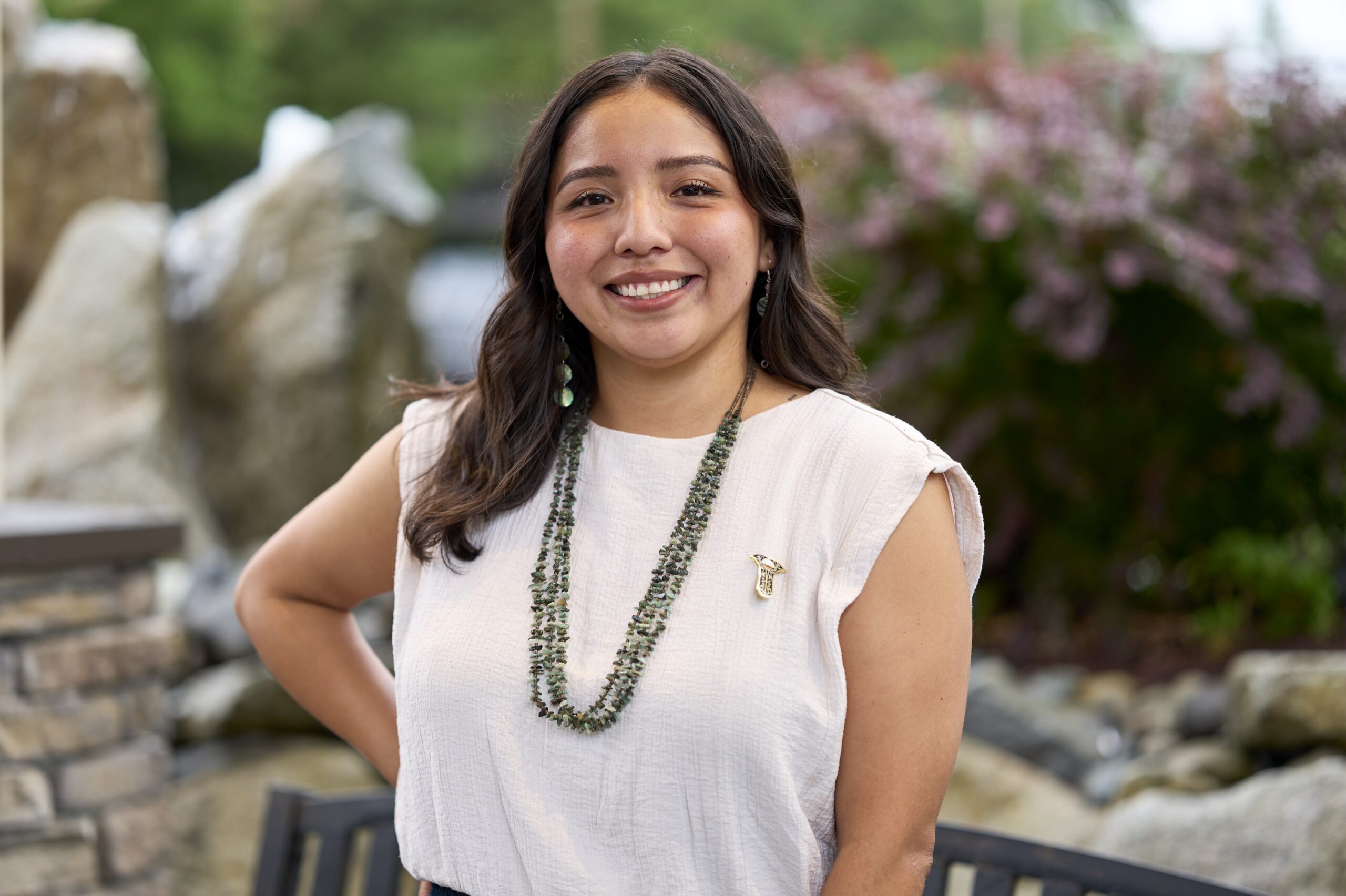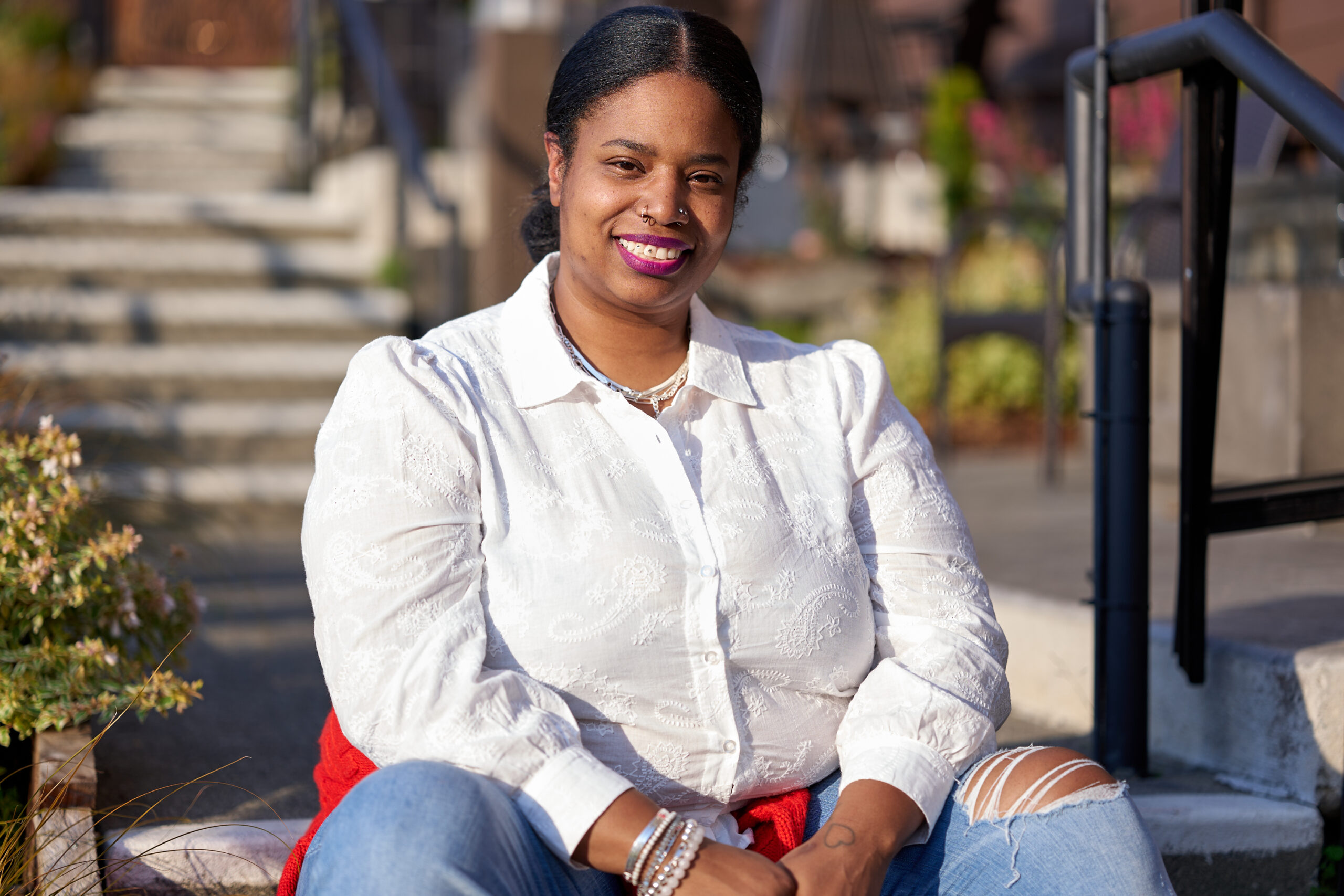
Sharissa has always been passionate about education, specifically special education. Her mother was a pediatric nurse, and sometimes took Sharissa to work with her when she was a kid. This meant she spent a lot of time in special education classrooms while her mother worked with her patients. Sharissa felt deeply connected to those communities and spaces, and when it came time to choose a career path, she knew exactly where she wanted to be. Sharissa worked in the education field for over 15 years. Her experience ranges from early intervention birth to 3, community preschool, elementary school, middle school, and high school, with degrees in early childhood education, special education, and teaching certifications with endorsements in elementary education and special education.
The COVID-19 pandemic changed everything for Sharissa. It had a massive impact on kids and families, especially students with special needs. She watched families struggle to make impossible decisions with the limited resources available to them. The most vulnerable kids were receiving support that just didn’t meet their needs. It was clear that the folks making decisions were either uninformed about what these needs were, or weren’t prioritizing them. Sharissa started thinking about how these gaps in understanding were affecting students and families, particularly families of color.
Reflecting on her experiences in the education sector, almost every single decision maker, leader, or manager that Sharissa worked with had been white. She participated on race and equity committees at schools that allowed for small-scale change within their communities. But without folks of color in leadership, it was slow and not nearly enough. Sharissa recognized that she wanted to be in spaces where decisions are being made so that she could stand in her power and affect change on a systemic level.
When Sharissa came across the Pathwaves Fellowship, she was instantly inspired by the origin story of the organization. She recognized this would be a major shift in her career trajectory, but was encouraged by the focus on building the collective power of BIPOC leaders just like her. It seemed like the answer to several of the dreams and desires she had for the sector, and for her own career. During the application process, Sharissa became immediately interested in placement at the Department of Children, Youth, and Families (DCYF). She was familiar with the agency’s work, and was excited about the prospect of working within an organization that touches so many different aspects of family support in Washington state. Working at DCYF would allow Sharissa to be in the room where decisions were being made, and develop her voice as a leader and advocate.
Just over a year into the Fellowship, she is still thrilled with her choice. Policy work at the state level can feel frustratingly slow-paced, but Sharissa is incredibly encouraged by the tenacity and determination of her colleagues. Though DCYF is a huge government agency, Sharissa’s licensing team is committed to maintaining a personal, human-centered work environment. One of the highlights for Sharissa is that the nature of her work allows her to collaborate with different departments across the agency. This gives her a window into the purpose and priorities of many different teams at DCYF. In particular, Sharissa is excited about DCYF’s commitment to intentionally build trust with direct service providers and community leaders.
Above all, Sharissa is grateful for the relationships she has built with other members of the Pathwaves cohort. It’s refreshing for her to be in a space with other women of color who can relate to one another in so many ways, personally and professionally. She finds inspiration and support in this community, and is excited to see how their collective passion and drive will impact the field of early childhood policy in the state of Washington.




